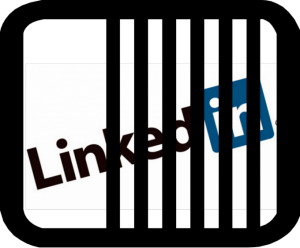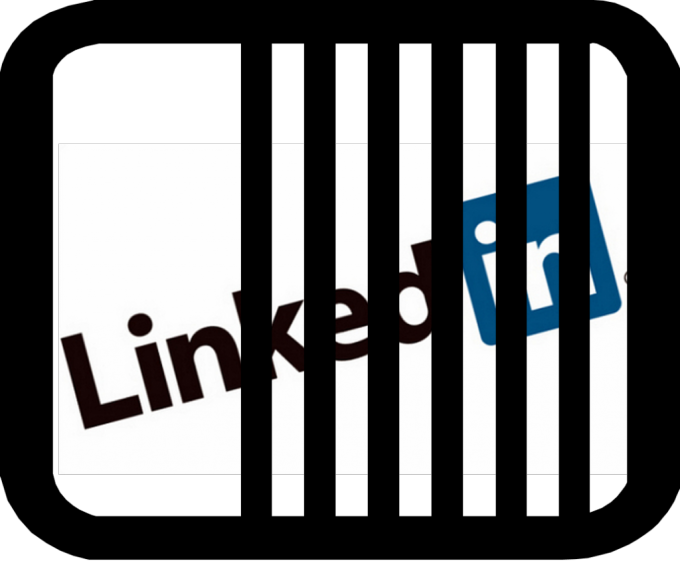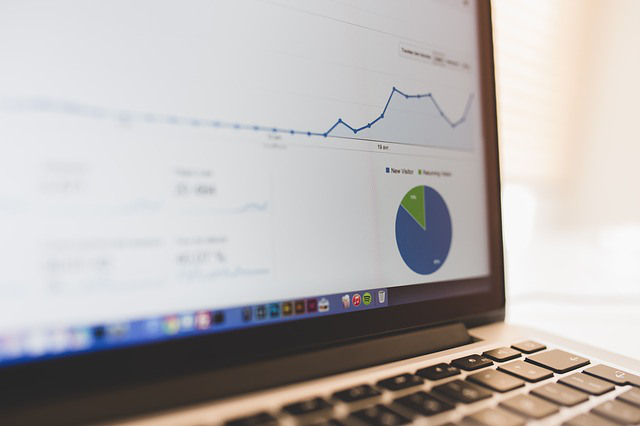
Linkedin is known globally for its professional network reach. It is used by companies, self employed persons, global influencers in various industries across continents.
The following is an extract from Linkedin Security page:
“LinkedIn’s members entrust us with their information every day and we take their security seriously. Our core value of putting our members first powers all of the decisions we make, including how we manage and protect the data of our members and customers. We never stop working to ensure LinkedIn is secure. We follow industry standards and have developed our own best practices to stay ahead of the increasing number of threats facing all Internet services and infrastructure.”
I often wonder about its decision making as it relates to LinkedIn members’ security. How does LinkedIn separate the chaff from the corn? How are its members secured from fraudsters posing as members? Do LinkedIn carry out some form of due diligence on its members? If so, how is it done? What is LinkedIn industry standards in terms of securing their members’ interaction with people misrepresenting themselves as a company by creating fake profiles?
The following is an experience etched in my memory for time immemorial.
What I did? Absolutely nothing.
What occurred? I received an invitation from a French Business Consultation firm alluding to be an associate to a Brazilian consultation business firm of similar name located in Benin. I was hesitant with the interaction nevertheless, I gave them the benefit of the doubt, regrettably. Upon acceptance of their invitation, I received a follow up email of the desire to conduct business; every business person’s dream! A series of emails followed. All was dandy yet I remained hesitant. It was only after the Skype conference call I decided to listen to my paranoia.
My Findings: Upon my research and interactions with the persons who were on the Business Consultancy’s google-plus account, I was told they were fake. They were indeed scammers. They had no website. They formatted a name to represent themselves as a lucrative subsidiary of their Brazilian counterpart. The Brazilian Consultancy Firm is globally recognized. They insist on me flying to Benin within three (3) days after the conference call. They promised their client’s due diligence (a mere copy of passport picture id) which I did not receive. They stated clearly of having no intention to providing documentation showing who they are and how they conduct business. They insisted on their client’s net worth and refugee status, both of which must be kept confidential.
In this technological age, LinkedIn attributes most of their security to software. It is my suggestion dear LinkedIn, that you need Human Resources Personnel to investigate your members for their own protection. It is an unpopular perspective, no one of us wants to be exposed to scammers and fraudsters. Would I prefer to give my due diligence upon my sign up to LinkedIn than be exposed to the fake Business Consultancy company? Of course! I would have complained to no end but at the end of it, I prefer to feel safe and secure.
Moreover, LinkedIn would have saved me the five hours I spent online doing my own due diligence on the company. I am fortunate to have the titles of Compliance Officer, Money Laundering Compliance Officer and Money Laundering Reporting Officer during my employment for an Insurance Broker. However, I am secured in the thinking that my 600 plus connections on LinkedIn do not have that wealth of information and will not readily pick up the legal red flags as I did in such short time. In this regard, my company is fortunate since further exposure to such risk has been curtailed. But how many of my colleagues or connections have that stroke of luck? Further, LinkedIn has the payment feature, to which I do not subscribe. Not due to this experience but due to my quirky nature. Nevertheless, what is the duty of care owed to these members who have exposed their data and paid for premium membership to LinkedIn?
Prior to this experience, I felt secure with inviting people on LinkedIn whom I would have liked to engage in business with on behalf of my company. This thinking has changed drastically. I find myself doing due diligence on everyone on my connections list; yes, all 637 of them! As an Attorney at Law and an ex Compliance Officer, now CEO, I am duty bound to my company to do this in order not to expose my clients and employees to such risk in the future. This begs the question, does LinkedIn feel such onus to execute such responsibility to each of its member, whether premium or not?
LinkedIn obviously needs to restructure its methods of engaging in business to accommodate FATCA requirements and CDD requirements globally; a feature which most business and dare I say, Bankers and Stock Brokers, will appreciate. Undoubtedly, the competition is fierce in a struggling market but LinkedIn has the potential to grow more than its present status. I am confident the company shall embrace this if it wants its share price to grow. This shall occur once it considers the way forward to embrace the requirements which its members have to deal with on a daily basis; thus, making it easier and safe to do business globally without worrying about the scammers and information leaks.





